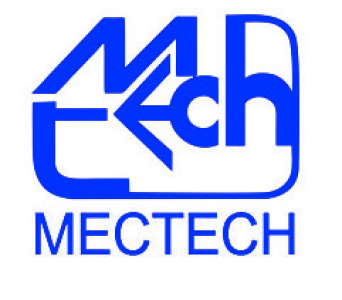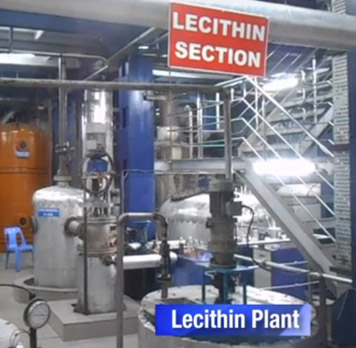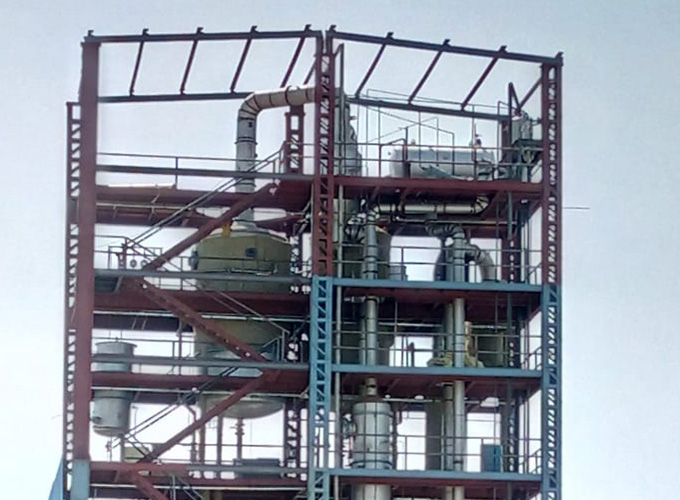What is
- Separate the high melting point from the low melting point dry Glycerides through by crystallization
- Constitutes a physical modification of the palm oil
- Highly sensitive to temperature variation of the liquids at any point of the process.
- Best fractionation technology for fat hence lower manpower requirements
- Ensures higher recovery, elimination of oil oxidization and good production capability.
- The process outputs a product that fits the highest standards & quality
- Continuous, automatic fractionation reduces process cost.

Important Parts of the Process:
- Heating the feed oil
- Formation of crystals by controlled cooling
- Crystal growth
- Maturation of crystals
- Filtration to separate Olein and Stearin
- Continuous flow of oil through the crystallizers and the crystals formed during the flow stage itself.
- The sandy crystals formed in a drafted strength control and minimizes the entrainment of olein into the stearine part; hence recovery of olein is better than any conventional process.
- Lower requirement of manpower for operation as well as power or chilled water hence higher olein recovery, elimination of oxidation of oil,
- Oil filter i.e. less than 5% of the filtration time.
Mectech’s Process Advantage
- Large heat transfer area during oil charge in the Crystallizers e 10 sqm. per ton of oil.
- Optimal position of oil circulation in the vessel due to optimization of the heat exchange surfaces
- Optimized process as the cooling program is accurately followed-the temperature difference between cooling water and oil is 1o C at the end of the process
- The RBD or the duration of the crystallization process for the crude palm oil is optimally kept at 5 hours for any size of cooler/ crystallizer from 2 -26 tons charge.
- Fractionation plant for Palm
Types of Applications
- Process separates palm oil into two portions, olein and stearin, without adding chemical or solvent.
The fractionation process can be applied to:
- Cotton seed oil
- Sal fat
- Palm oil
- Rice bran oil
- Sunflower oil
- Mango kernel oil
- Shea butter, etc.
Conclusion
- Fully automated centralized process.
- Easy to operate, requires little supervision
- Great flexibility with wide range of process applications
- Low operating costs
- Low utility consumption
- Low maintenance cost
- No oil losses
- No pollution problem
- Excellent product quality
- Good crystallization repeatability, yielding consistent product quality
- High olein yield












